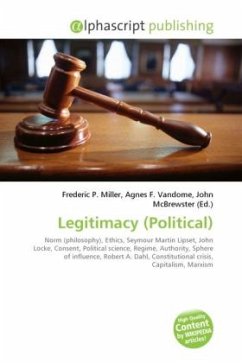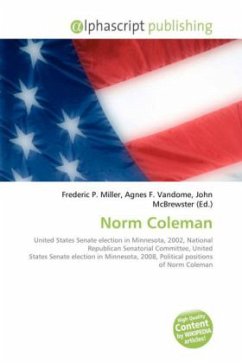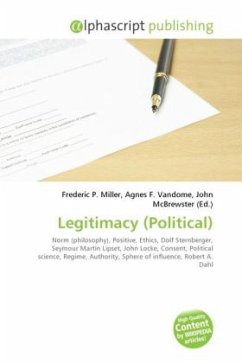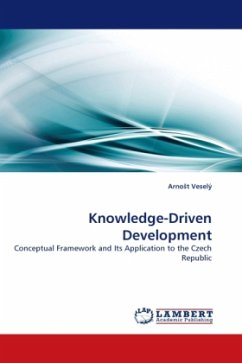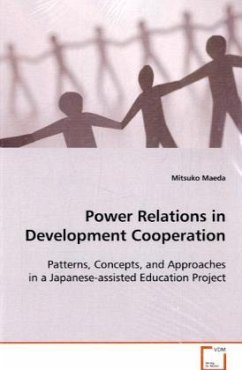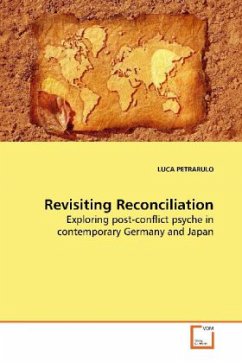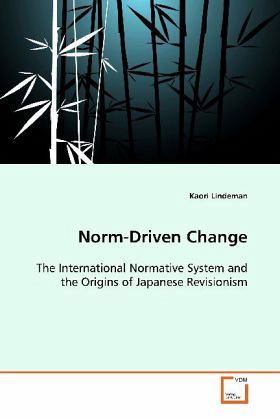
Norm-Driven Change
The International Normative System and the Origins of Japanese Revisionism
Versandkostenfrei!
Versandfertig in 6-10 Tagen
45,99 €
inkl. MwSt.

PAYBACK Punkte
23 °P sammeln!
This book deals with the source of politicalrevisionism. In explaining why some states choose a revisionist pathand challenge the international system, I emphasize the impact ofnormative power on potential revisionist states. In addressing thequestion of political revisionism, I construct an analytical model called"norm-driven change" a mechanism whereby the internationalnormative system interacts with the domestic normative system to shapedomestic policy. The norm-driven change model is applied tothe Japanese political development from the 1850s to the 1930s.Carefully scrutinizing the correla...
This book deals with the source of political
revisionism. In
explaining why some states choose a revisionist path
and challenge
the international system, I emphasize the impact of
normative power
on potential revisionist states. In addressing the
question of political
revisionism, I construct an analytical model called
"norm-driven
change" a mechanism whereby the international
normative system
interacts with the domestic normative system to shape
domestic
policy. The norm-driven change model is applied to
the Japanese
political development from the 1850s to the 1930s.
Carefully
scrutinizing the correlations between the
international normative
system and domestic politics, the study concludes
that Japanese
foreign policy was stable and congruent with the
international
normative system when the nature of the system was
relatively
stable (1850s~1910s). Critical shifts in Japanese
foreign policy
during the 1920s and 1930s occurred in conjunction
with the
increasing uncertainty of the normative environment.
revisionism. In
explaining why some states choose a revisionist path
and challenge
the international system, I emphasize the impact of
normative power
on potential revisionist states. In addressing the
question of political
revisionism, I construct an analytical model called
"norm-driven
change" a mechanism whereby the international
normative system
interacts with the domestic normative system to shape
domestic
policy. The norm-driven change model is applied to
the Japanese
political development from the 1850s to the 1930s.
Carefully
scrutinizing the correlations between the
international normative
system and domestic politics, the study concludes
that Japanese
foreign policy was stable and congruent with the
international
normative system when the nature of the system was
relatively
stable (1850s~1910s). Critical shifts in Japanese
foreign policy
during the 1920s and 1930s occurred in conjunction
with the
increasing uncertainty of the normative environment.





